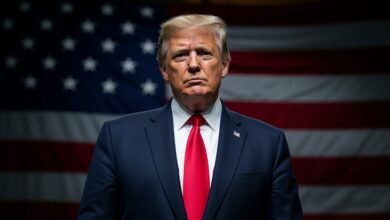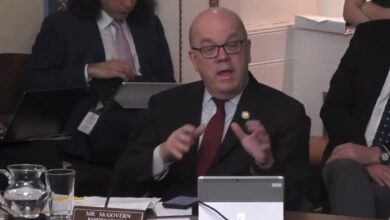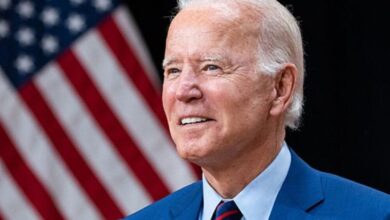Trump Seeks to Exclude Evidence Seized from Florida Home in Documents Case

Former President Donald Trump is currently embroiled in a legal battle over classified documents seized from his Mar-a-Lago residence in Palm Beach, Florida. The case stems from an FBI raid conducted in August 2022, during which agents recovered numerous documents that were allegedly taken from the White House at the end of Trump’s presidency.
Legal Motions and Arguments
Trump’s legal team has filed a motion to exclude the evidence obtained during the raid, arguing that the search was unconstitutional and that the seized documents are protected by executive privilege. The motion contends that the FBI’s warrant was overly broad and that the search violated the Fourth Amendment, which protects against unreasonable searches and seizures.
The lawyers also argue that many of the documents are personal records and, thus, not subject to government oversight. They claim that these documents fall under executive privilege, which allows a president to withhold certain communications from public disclosure.
DOJ’s Response
The Department of Justice (DOJ) is expected to strongly oppose Trump’s motion. Prosecutors argue that the search and seizure were conducted lawfully and that the documents in question are critical to the investigation. The DOJ maintains that Trump improperly removed and retained classified information, posing potential national security risks.
Implications of Excluding Evidence
Should the court rule in favor of Trump and exclude the evidence, it could significantly weaken the government’s case against him. Excluding the seized documents might undermine the DOJ’s ability to pursue charges related to the mishandling of classified information and obstruction of justice.
Legal Precedents and Future Impact
This case could set important legal precedents regarding the limits of executive privilege and the handling of classified documents by former presidents. A ruling in Trump’s favor might embolden future executives to claim broad protections over documents and communications, potentially complicating government transparency and accountability.
Public and Political Reactions
The attempt to exclude evidence has elicited varied reactions:
- Supporters of Trump argue that he is being unfairly targeted by political opponents and that the raid was an abuse of power by the Biden administration.
- Critics of Trump assert that no individual, including a former president, is above the law and that mishandling classified information is a serious offense that warrants thorough investigation and accountability.
Legal Timeline and Next Steps
The court’s decision on the motion to exclude evidence will be a pivotal moment in this case. If the evidence is excluded, the DOJ may face challenges in proving its case. However, if the motion is denied, the prosecution will proceed with a stronger position. The hearing on this motion is anticipated to draw significant media attention and public interest.
Broader Implications
This case highlights ongoing debates about presidential powers, legal accountability, and the balance between national security and personal privacy. It underscores the complexities of handling classified information and the legal mechanisms in place to address potential breaches.




